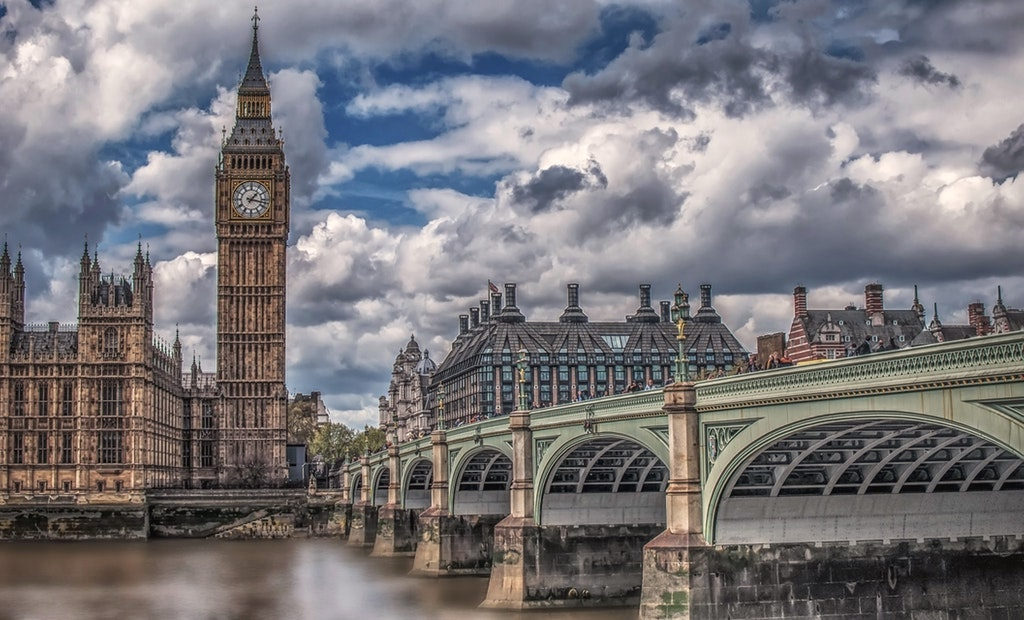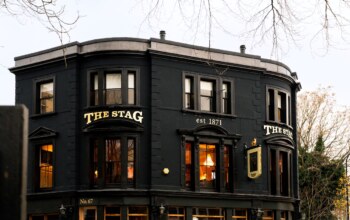Budget 2015: “Aimed at working class to enrich stability and security”

The recently re-elected chancellor George Osbourne has announced that a new budget will be revealed on 18th July. It will detail a number of key pledges made by the Conservative party during the recent election campaign and will ensure the stability, prosperity and security of working people, according to the chancellor.
The budget will also lay out plans for the Conservatives to implement further cuts to public spending in an effort to reduce Britain’s financial deficit, which the party hopes to completely eliminate by running a budget surplus before the next parliament.
However, opponents insist that this will come at a price and that the working people whom the Tories believe it will benefit the most will be the ones that suffer maximum from further austerity and reductions in welfare spending.
The Conservatives are undoubtedly taking advantage of the disarray faced by their Labour opponents after their catastrophic defeat at the general election. Not only is the party currently without a leader after Ed Miliband’s resignation but the role of shadow chancellor is also currently vacant after Ed Balls failed to hold on to his seat.
The Tories know that their budget proposals are sure to be scrutinised less forcefully if its main opposition is rudderless and preoccupied with internal squabbling.
The Conservatives have often attempted to re-brand themselves as a party for working people and tried to shake off its reputation as the party of the rich and powerful, with mixed results. Despite their unexpected victory in the recent general election, they still lost ground in seats with high numbers of working class voters, according to The Guardian.
The party still recognises the need to appeal to disaffected Labour voters, particularly those not swayed by other parties vying for working class support such as the UK Independence Party (UKIP). Presenting the next budget as the one that will benefit the working class is also an attempt to refute accusations that the 12 billion in welfare cuts planned in the budget will disproportionately affect people on lower incomes.
But will the budget bring security and stability for working people and does it symbolise a renewed effort to re-brand the party as supportive of the working class as Osbourne thinks?
In an interview with The Sun, the chancellor mentioned that the aim of the budget would be to raise living standards and prosperity whilst improving worker productivity levels which have fallen substantially in recent years. Osbourne believes that the creation of more apprenticeships will also allow more young people to develop skills for the future.
The Conservatives also think that their proposed 12 million cuts to the welfare budget will make the system fairer for workers but have as yet failed to spell out exactly how these cuts would be implemented and which benefits will be reduced.
The Tories know that the hard work is over for another five years and are making the most of their honeymoon period. They know that with the Labour now in deep crisis, announcing a new worker friendly budget may help to achieve their aim of becoming the new party for working people.
Tory MP and newly appointed deputy chairman of the Conservative party Robert Halfon has even suggested that the party should change its name to “The Workers Party” and swap the party’s tree logo for a ladder to symbolise its allegiance with the aspirational working class and commitment to furthering social mobility.
However, many believe the supposed commitments made to working people in Osbourne’s forthcoming budget will not be enough to shake off the party’s reputation for ambivalence and antipathy towards working people and the less well off.
Joe Morgan























Facebook
Twitter
Instagram
YouTube
RSS